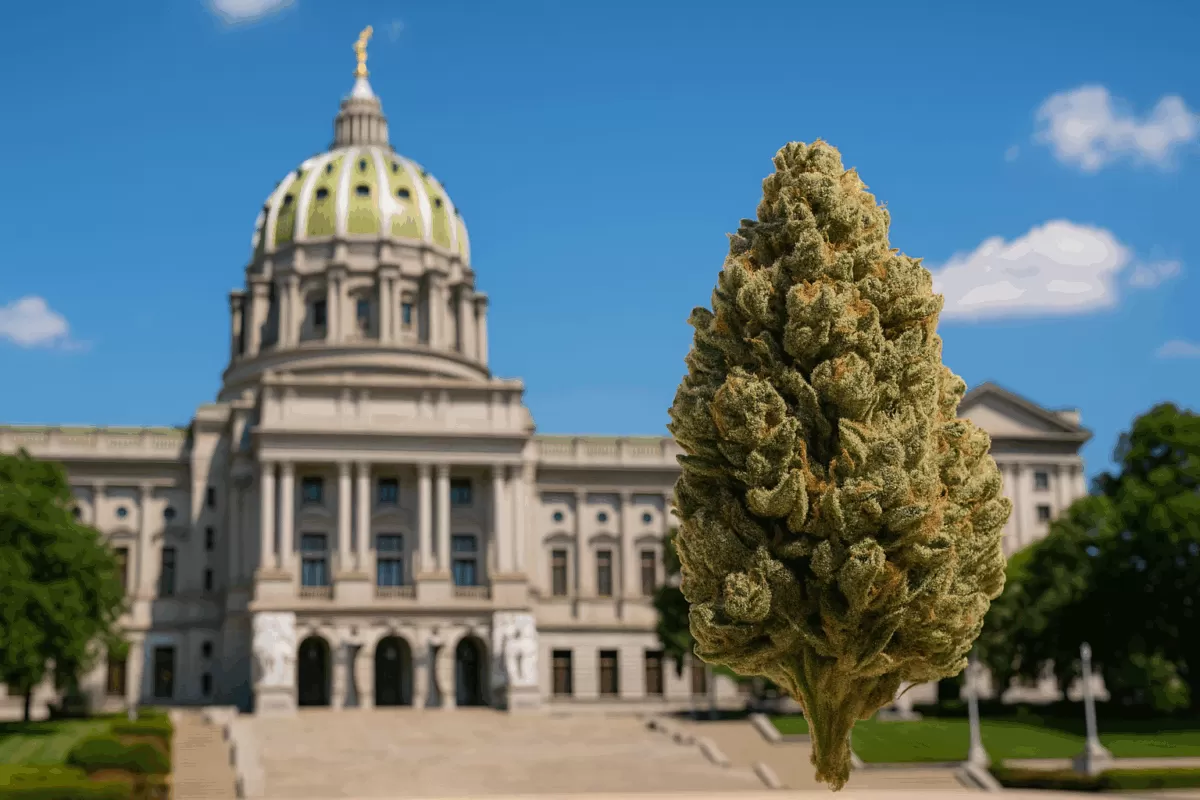Pushback on cannabis rescheduling, while expected, has begun in full force. A Republican-controlled congressional committee this week unveiled a key spending bill that would block rescheduling and modify longstanding protections for state medical cannabis programs. This controversial move has ignited significant debate within the industry and among lawmakers.
Key Provisions in the Appropriations Bill
The provisions were part of the 2025 appropriations bill for Commerce, Justice, Science, and Related Agencies, which made it out of a subcommittee markup, according to a Wednesday news release. The bill stipulates that the Department of Justice (DOJ) is prohibited from using funds to reschedule or deschedule marijuana under the Controlled Substances Act.
The bill specifically states: “None of the funds appropriated or otherwise made available by this Act may be used to reschedule marijuana … or to remove marijuana from the schedules established under section 202 of the Controlled Substances Act.” This provision signals ongoing disagreements in Congress about cannabis policy and its future in the United States.
Impact on State Medical Cannabis Programs
The bill maintains the existing rule that prevents the DOJ from interfering with state medical marijuana laws. However, it adds a new provision allowing DOJ funds to enforce violations of 21 U.S.C. 860. This section relates to penalties for distributing controlled substances near schools (within 1,000 feet) and other protected locations. In essence, while the new rule doesn’t directly change the protection for state medical cannabis programs, it could give the federal government a way to take action in some situations, even in states with legal medical marijuana.
Historical Context and New Restrictions
While the medical cannabis protection rider has been in place since 2014, this marks the first time such restrictive provisions have been included in the base Commerce, Justice, Science (CJS) bill, according to Marijuana Moment. The legislation also retains a separate rider preventing DOJ interference in state hemp research programs.
Broader Legislative Implications
A separate House committee on Wednesday blocked all cannabis-related amendments to three major spending bills, preventing floor votes on several cannabis policy proposals, Marijuana Moment reported. The House Rules Committee rejected amendments to the 2025 appropriations legislation for the Department of Defense, Department of Homeland Security, and Department of State.
Among the blocked proposals were:
- A measure to ban certain federal agencies from testing job applicants for cannabis in states where it’s legal.
- An amendment to prevent military branches from removing servicemembers solely for past nonviolent cannabis offenses.
- A provision to stop border agents from seizing cannabis from state-licensed businesses.
This follows the committee’s decision earlier this month to block a mix of cannabis amendments to a large defense bill, which kept language preventing military branches from testing recruits for the substance.
Industry Reaction and Future Outlook
The inclusion of these provisions in the 2025 appropriations bill has sparked intense debate and concern within the cannabis industry and among advocates. Many see this as a significant step backward in the efforts to reform cannabis laws and ensure the protection of state-legal cannabis operations.
Critics argue that these measures could undermine the progress made in recent years and create additional challenges for businesses operating in the legal cannabis market. On the other hand, supporters of the bill believe that it is necessary to maintain control and regulation over cannabis use and distribution, especially in proximity to schools and other protected areas.
As the bill moves forward, it will be crucial to monitor the ongoing discussions and potential modifications that could impact the final outcome. The future of cannabis rescheduling and broader policy reform remains uncertain, and stakeholders on all sides are preparing for a continued battle in Congress.












